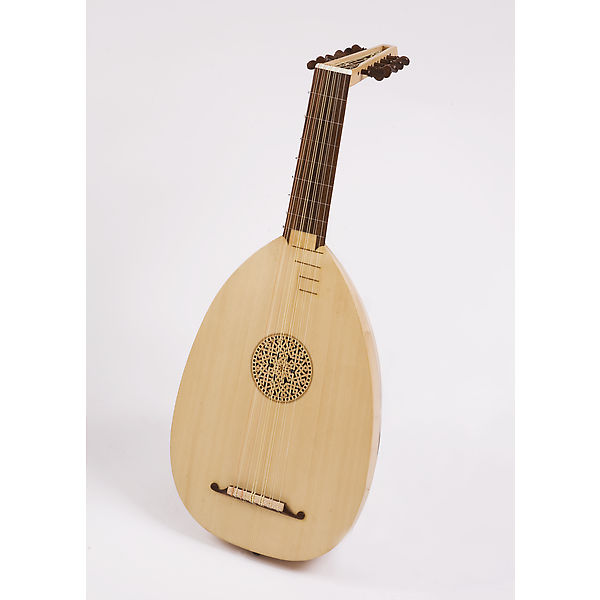-
Instrumente
- Tasteninstrumente
- Saiteninstrumente
- Blasinstrumente
- Einhandflöten
- Traversflöten
- Blockflöten (Renaissance)
- Blockflöten (Barock)
- Blockflöten für Anfänger
- Platerspiele
- Dudelsäcke
- Krummhörner
- Cornamusen
- Kortolte
- Rauschpfeifen
- Schalmeien und Pommern
- Oboen
- Dulciane
- Barockfagott
- Rankette
- Chalumeaux
- Zinken und Serpente
- Hörner
- Trompeten
- Posaunen
- Zubehör für Blasinstrumente
- Taschen und Etuis für Blasinstrumente
- Schlaginstrumente
Instrumente
-
Literatur
- Noten
- Noten für Tasteninstrumente
- Tabulaturen für Laute
- Noten für Melodieinstrument solo
- Noten 2-stimmig
- Noten 3-stimmig
- Noten 4-stimmig
- Noten 5-stimmig
- Noten 6- oder mehrstimmig
- Noten Mehrchörige Werke
- Noten für Melodieinstrument und Bc.
- Noten für 2 Melodieinstrumente und Bc.
- Noten für mehrere Melodieinstrumente und Bc.
- Noten für Solokonzerte, Orchesterwerke
- Noten für Werke mit Chor und Instrumenten
- Faksimiles
- Kunstdrucke
Literatur
- Noten
-
CDs
- Fundgrube
-
Informationen und Links
- Kontakt
Wir nutzen Cookies auf unserer Website um diese laufend für Sie zu verbessern. Mehr erfahren
